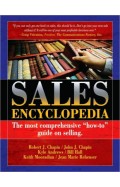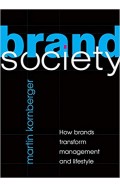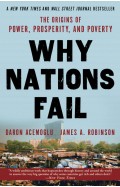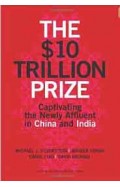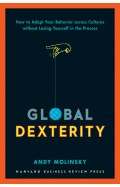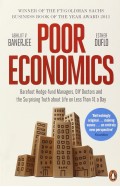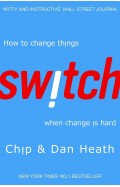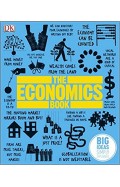- Home
- Books
- Categories
- Non Fiction
- Business & Management
- Business & Economics
- The Inequality of Wealth
The Inequality of Wealth
By: Liam Byrne
-
Rs 3,746.25
- Rs 4,995.00
- 25%
You save Rs 1,248.75.
Due to constant currency fluctuation, prices are subject to change with or without notice.
The super-rich have never had it so good. But millions of us can't afford a home, an education or a pension. And unless we change course soon, the future will be even worse. Much worse. But things don't have to be like this.
In this bold new book, former Treasury Minister Liam Byrne explains why wealth inequality has grown so fast in recent years; warns how it threatens our society, economy and politics; shows where economics has got it wrong - and lays out a path back to common sense, with five practical ways to rebuild an old ideal: the wealth-owning democracy.
Liam Byrne draws on conversations and debates with former prime ministers, presidents and policymakers around the world, together with experts at the OECD, World Bank and IMF, to argue that after twenty years of statistics and slogans it's time for solutions that aren't just radical but plausible and achievable as well.
The future won't be a land of milk and honey but it could be a place where we live longer, happier, healthier and wealthier lives.
The super-rich have never had it so good. But millions of us can't afford a home, an education or a pension. And unless we change course soon, the future will be even worse. Much worse. But things don't have to be like this.
In this bold new book, former Treasury Minister Liam Byrne explains why wealth inequality has grown so fast in recent years; warns how it threatens our society, economy and politics; shows where economics has got it wrong - and lays out a path back to common sense, with five practical ways to rebuild an old ideal: the wealth-owning democracy.
Liam Byrne draws on conversations and debates with former prime ministers, presidents and policymakers around the world, together with experts at the OECD, World Bank and IMF, to argue that after twenty years of statistics and slogans it's time for solutions that aren't just radical but plausible and achievable as well.
The future won't be a land of milk and honey but it could be a place where we live longer, happier, healthier and wealthier lives.
Zubin Mehta: A Musical Journey (An Authorized Biography)
By: VOID - Bakhtiar K. Dadabhoy
Rs 472.50 Rs 1,050.00 Ex Tax :Rs 472.50
Sales Encyclopedia The Most Comprehensive How To Guide On Selling
By: Robert Chapin
Rs 671.25 Rs 895.00 Ex Tax :Rs 671.25
Why Nations Fail The Origins of Power Prosperity and Poverty
By: James A. Robinson
Rs 2,335.50 Rs 2,595.00 Ex Tax :Rs 2,335.50
The 10 Trillion Prize Captivating thely Affluent in China and India
By: Michael J. Silverstein
Rs 987.75 Rs 2,195.00 Ex Tax :Rs 987.75
Global Dexterity: How to Adapt Your Behavior Across Cultures without Losing Yourself in the Process
By: Andy Molinsky
Rs 1,262.25 Rs 2,295.00 Ex Tax :Rs 1,262.25
Poor Economics: The Surprising Truth about Life on Less Than $1 a Day
By: Abhijit Banerjee
Rs 2,335.50 Rs 2,595.00 Ex Tax :Rs 2,335.50
Switch: How to change things when change is hard - (PB)
By: Dan Heath
Rs 767.25 Rs 1,395.00 Ex Tax :Rs 767.25
The Great Degeneration: How Institutions Decay and Economies Die
By: Niall Ferguson
Rs 1,556.75 Rs 2,395.00 Ex Tax :Rs 1,556.75
No similar books from this author available at the moment.
No recently viewed books available at the moment.
Zubin Mehta: A Musical Journey (An Authorized Biography)
By: VOID - Bakhtiar K. Dadabhoy
Rs 472.50 Rs 1,050.00 Ex Tax :Rs 472.50












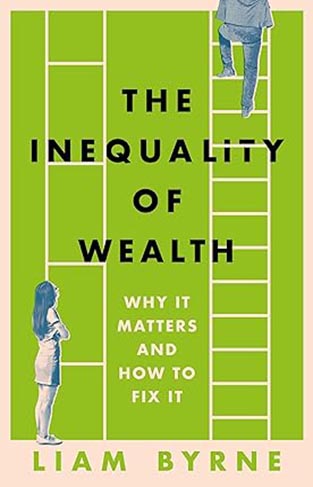

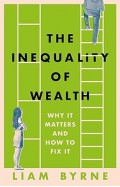
-120x187.jpg?q6)





